Can STDs Be Cured?
Last updated: Dec 21, 2025
Some sexually transmitted diseases (STDs) can be
cured, while others require ongoing management through continuous treatment.
Knowing what to expect and what options are available can help you reduce
transmission, avoid complications, and protect your long-term health. This is
especially important if you are a young adult, as this group has the highest rates of STIs
according to a 2017 Ministry of Health report.
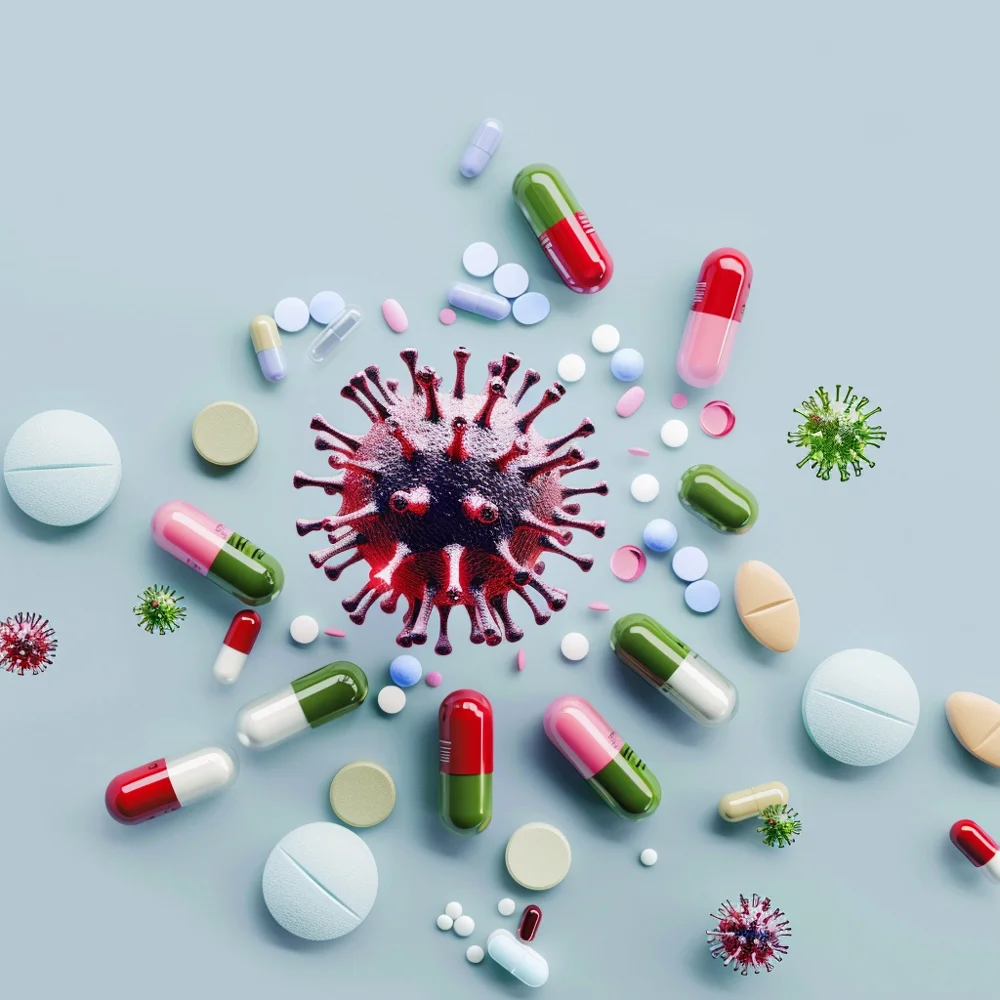
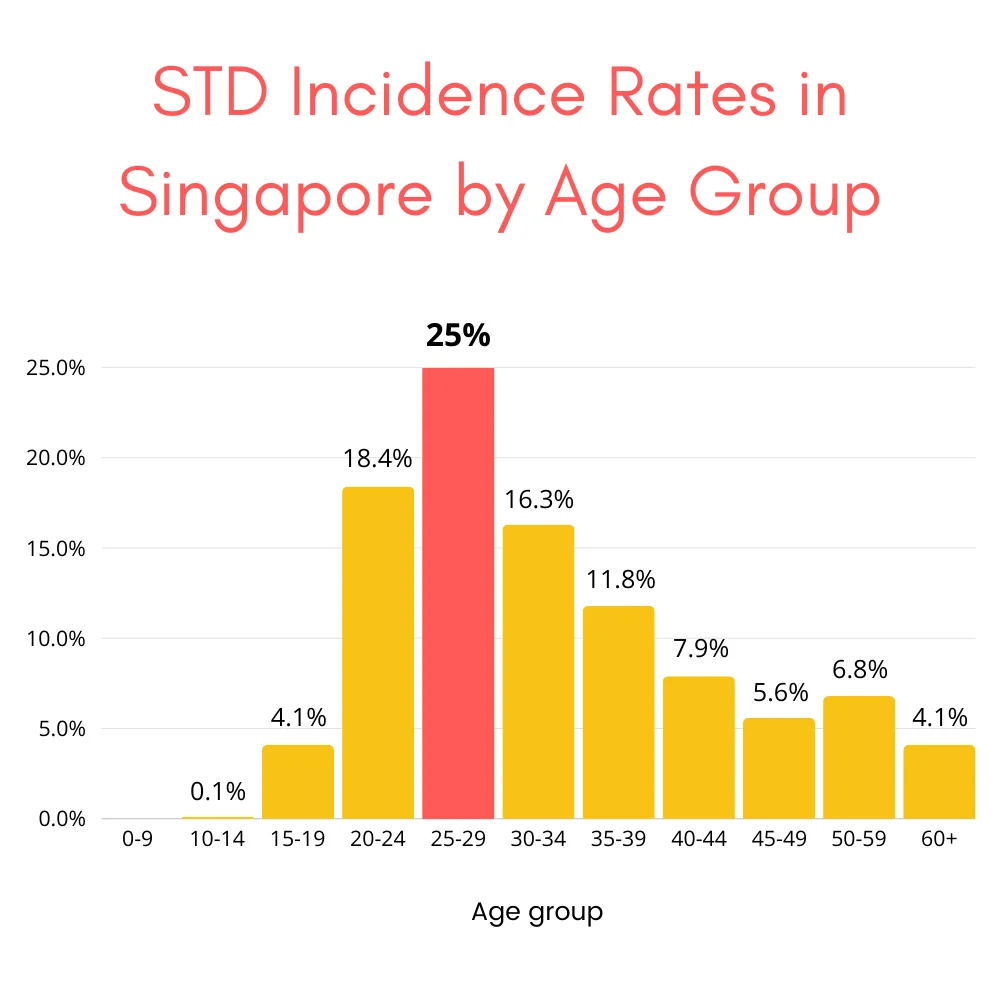
Causes of STDs
STDs are infections that are caused by bacteria, viruses, or harmful microorganisms such as parasites. These can be transmitted through blood, saliva, semen, vaginal or bodily fluids, primarily during sexual contact.
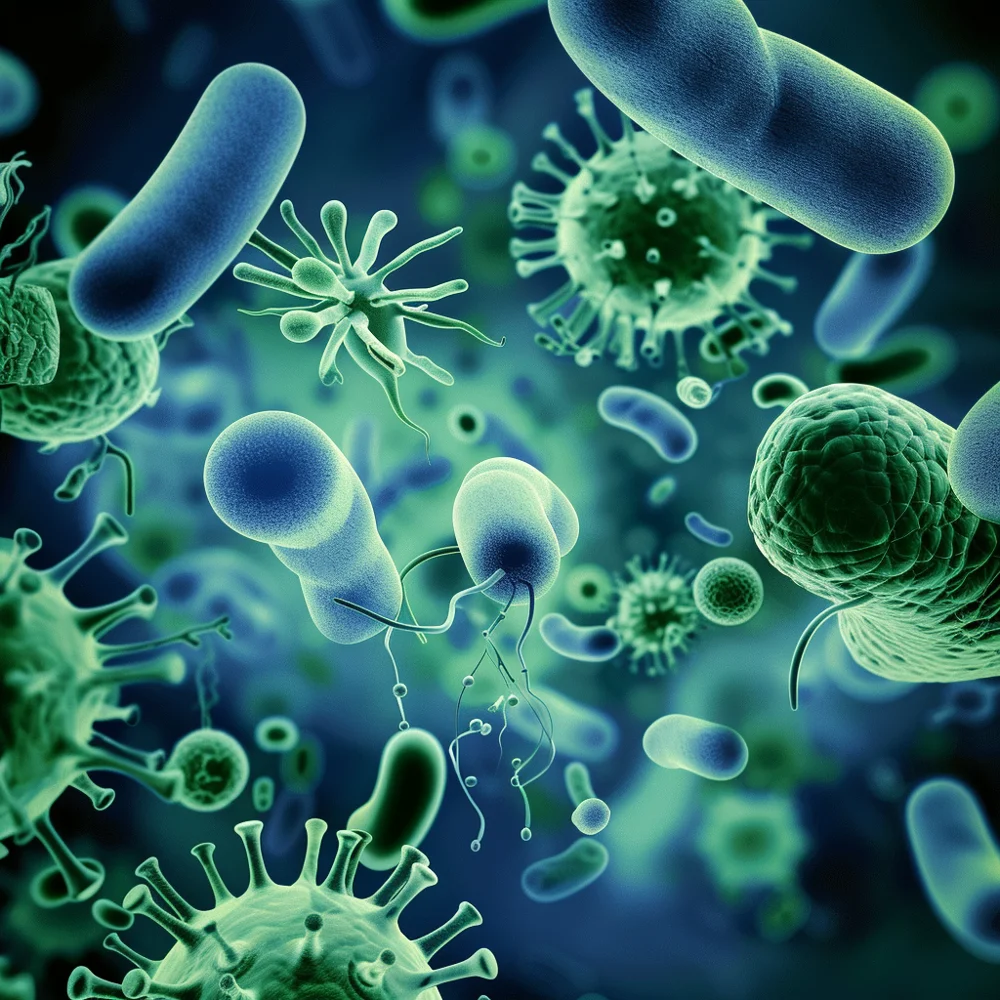
Curable and Incurable STDs
There are both curable and incurable STDs. STDs caused by bacteria can be cured if detected and treated early. Incurable STDs, typically caused by viral infections, can only be managed with treatments to alleviate the symptoms and reduce the viral load but cannot be fully eradicated. It is important to note that some STDs can remain dormant and not present with any symptoms.
Common Curable STDs
| STD | Bacteria / Harmful Microorganism | Common Treatment |
|---|---|---|
| Chlamydia | Chlamydia trachomatis | Antibiotics such as doxycycline, or erythromycin for individuals under 18 or who are pregnant. |
| Gonorrhoea | Neisseria gonorrhoeae | Antibiotics such as a combination of ceftriaxone and azithromycin, or doxycycline to treat potential chlamydial infection. |
| Syphilis | Treponema pallidum | Antibiotics such as penicillin injections. |
| Trichomoniasis | Trichomonas vaginalis | Antibiotics such as metronidazole. |
Common Incurable STDs
| STD | Virus | Common Treatment |
|---|---|---|
| HIV | Human Immunodeficiency Virus | Antiretroviral therapy (ART) can help maintain a low and undetectable viral load, preventing the progression to Acquired Immune Deficiency Syndrome (AIDs). |
| Herpes | Herpes Simplex Virus (Type 1 & Type 2) | Oral antiviral medications such as valacyclovir and acyclovir can reduce the frequency, duration and severity of outbreaks. |
| HPV | Human Papillomavirus | While HPV cannot be cured through medication, the virus often goes away by itself in most cases. HPV vaccines can prevent certain virus strains and cervical cancer. Treatment is instead focused on managing associated symptoms like genital warts. |
| Hepatitis B | Hepatitis B Virus (HBV) | Antiviral medications such as entecavir and tenofovir can help fight against infection and slow liver damage. Hepatitis B vaccination also helps prevent infection. |
Disclaimer: This information is for informational purposes and is not medical
advice. This list does not represent an exhaustive list of treatments provided. Please consult
your doctor for personalised medical advice.
It is important to seek treatment early if you suspect you have been exposed to a sexually
transmitted infection. At ATA Medical, female and male doctors
are available to administer the tests based on your preference.
Living With an Incurable STD
Living with an incurable STD requires ongoing medical care, lifestyle adjustments, psychological support, and open communication with partners. With regular medical check-ups and consistent adherence to prescribed treatments, it is possible to live a healthy life. Support groups and counselling services can provide additional emotional and practical assistance. For those who prefer privacy, teleconsultation services are also available.
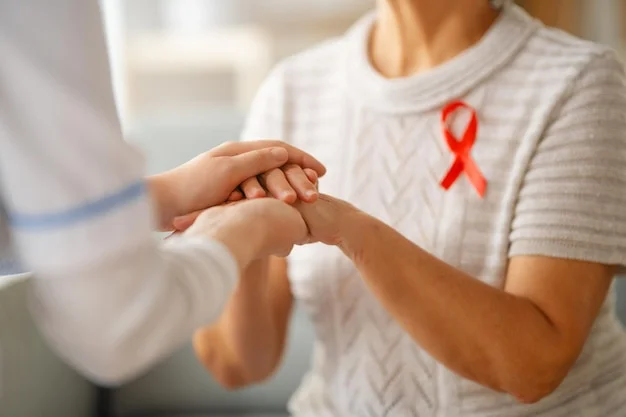
Summary
Understanding the curability of different STDs and the available treatment options is vital for effective management and prevention. While bacterial STDs can often be cured with antibiotics, viral STDs require ongoing management to control symptoms and prevent complications. Early detection and timely treatment are crucial in minimising the risk of transmission and long-term health effects. Staying informed about the nature of various STDs and seeking appropriate medical care can help individuals maintain better sexual health and lead a long, healthy life.
Why Choose ATA Medical?

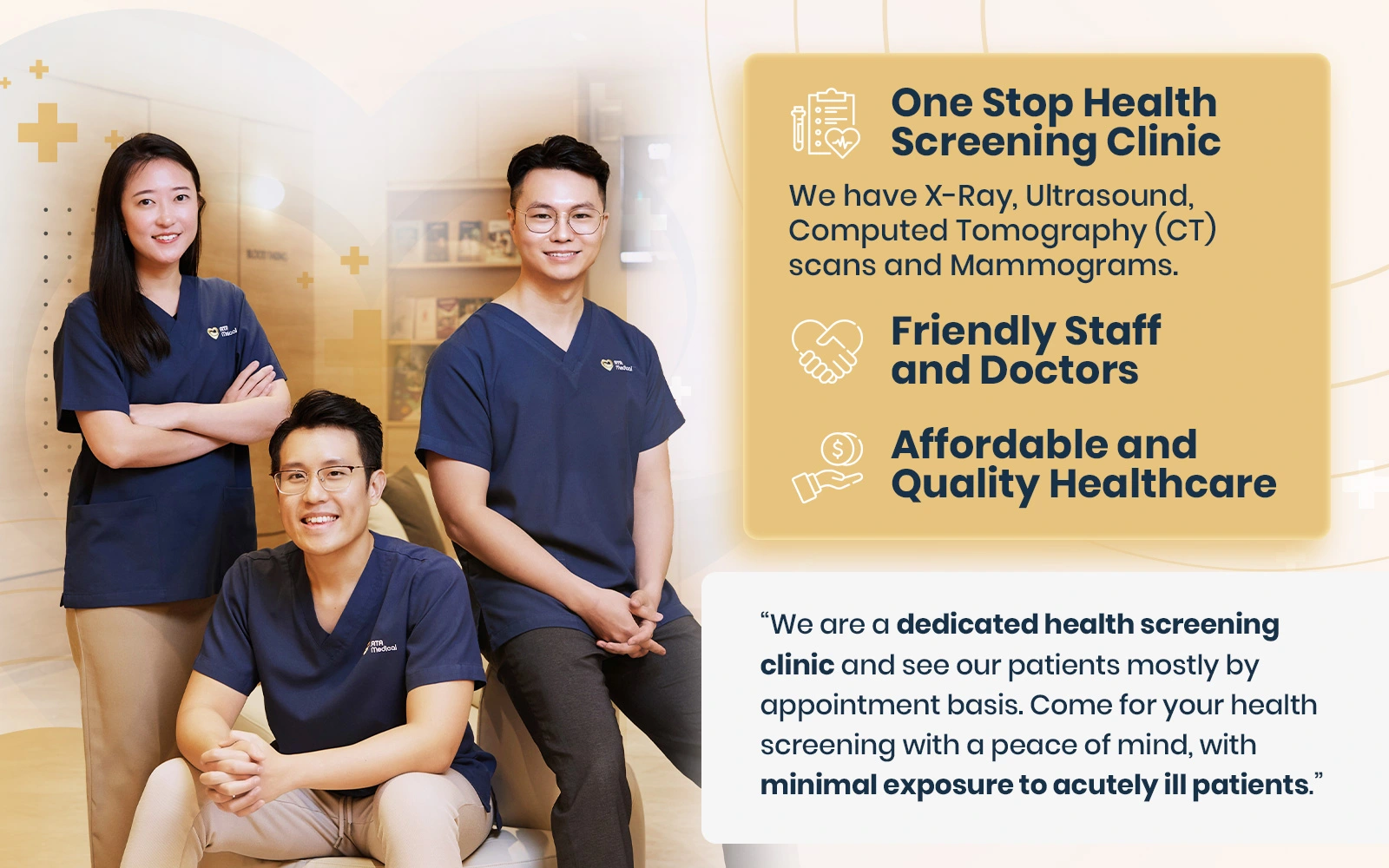


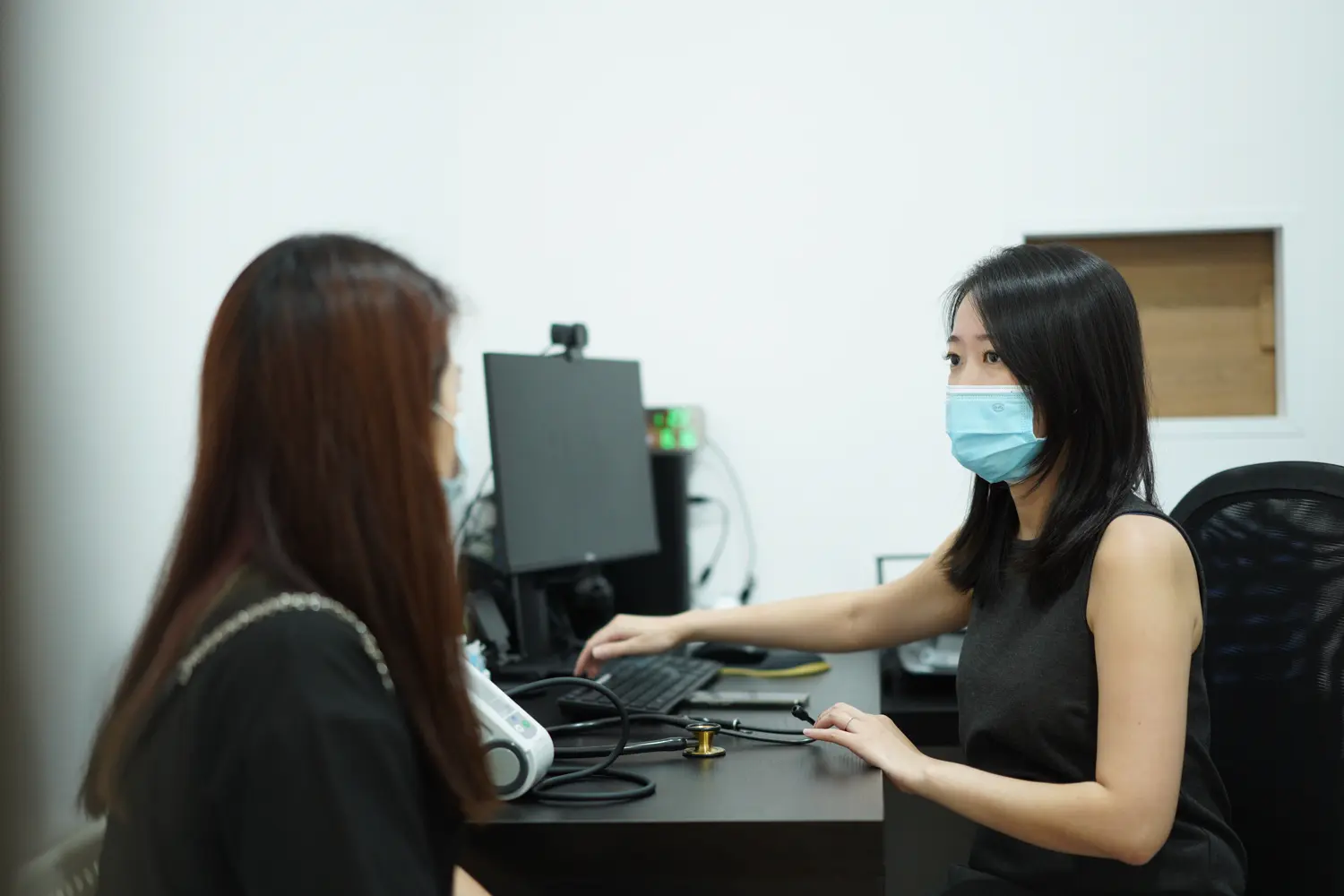



Delivering Care Patients Appreciate
What to Expect
FAST RESULTS
Our goal is to provide your results within 7 business days.
MINIMUM WAITING TIME
Our patient-oriented processes ensure your waiting time is kept to a minimum.
Friendly Service
Service is a top priority for us at ATA Medical.
Email Us at camden@atamed.sg for more
information.
Book your STD screening with us at 88770326


